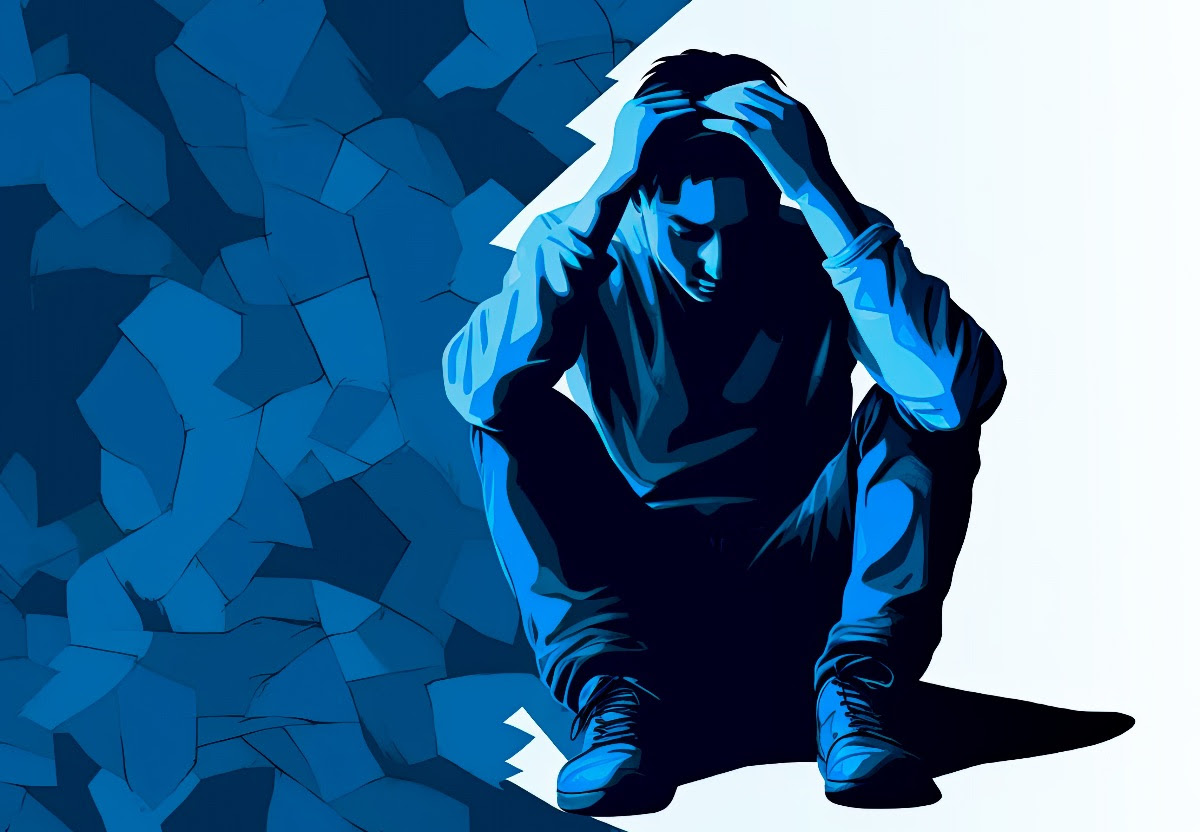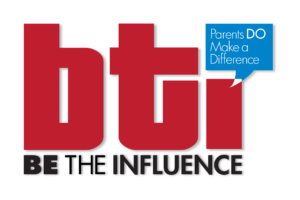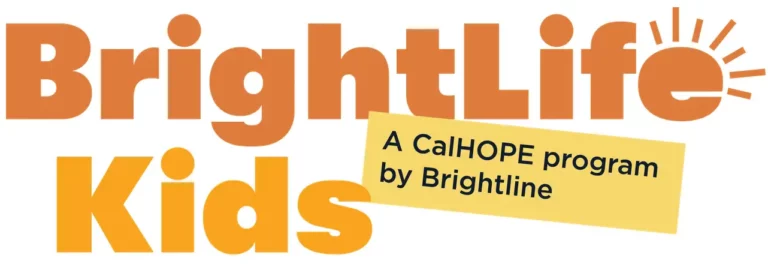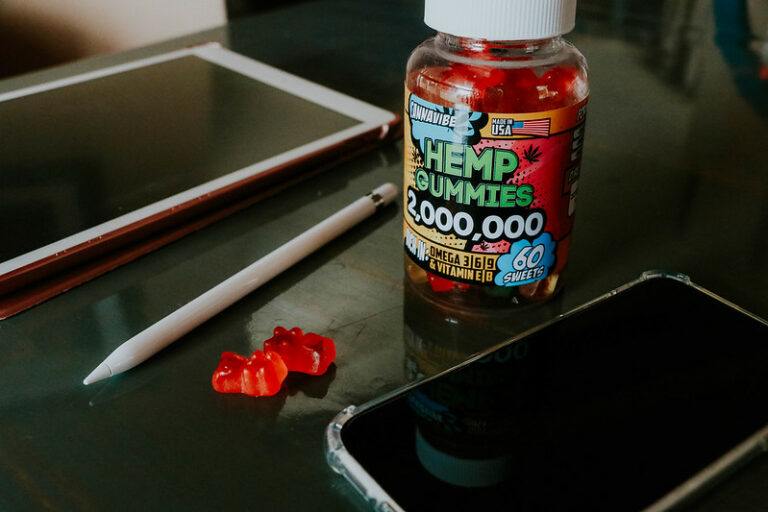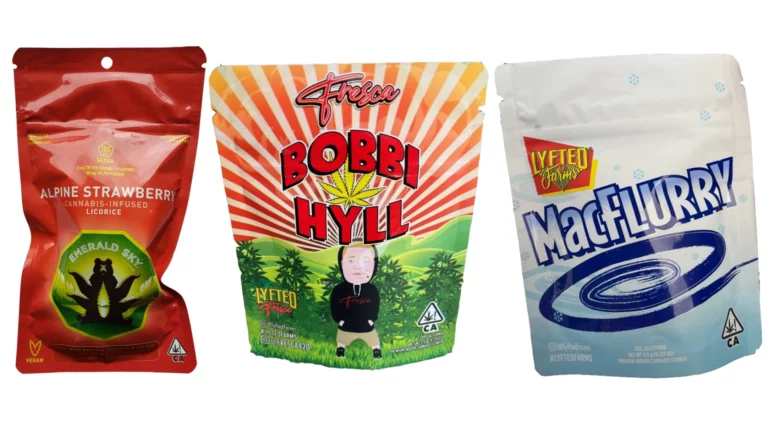Cannabis and Youth Mental Health
April 20th (420) is a big day for cannabis. With all the hype, there’s also a serious side. Today’s cannabis is not the marijuana of 1971. And the adolescent brain is much more vulnerable to today’s high-potency products.
What we know now, after years of mounting evidence, is that the link between cannabis use and mental illness is well established. Study after study has shown an association between cannabis use and depression, psychosis, and suicidality in youth.
What you should know
Depression
Cannabis use among adolescents is associated with a significant increased risk of depression in adulthood. (1)
Psychosis and Schizophrenia
The risk of psychosis has been found to be three times higher for users of high potency cannabis and five times higher for daily users compared than those who have never used. (2) Cannabis-induced psychosis (CIP) can develop into a lifelong bipolar condition or schizophrenia. Cannabis is the number one substance (3) where use, especially as an adolescent or teen, can convert to schizophrenia later in life (usually in the 20s). While most of us don’t know if we are predisposed, 10-15% of the population is genetically vulnerable to psychosis that can be triggered by cannabis use.
Suicide
There is also a tragic link between cannabis use and suicide (4) and suicide ideation. In Colorado, cannabis is the number one substance found in completed suicides for 18 years and younger. Similar data has been found in California where, according to Dr. Roneet Lev at San Diego’s Rady Children’s Hospital, 50% of completed suicides for those 25 years and younger had marijuana in their system.
Anxiety
Adolescents who use regularly have a three-fold increased risk of anxiety disorder compared to adults, according to one study. (5) Increased acute and long term anxiety and paranoia is associated with cannabis use, especially with long-term use and use of high potency products. (6)
Addiction
It is well understood that adolescence is a critical period of profound neurodevelopmental change that is joined by increased vulnerability to substance use. Young people who use marijuana are 4-7 times more likely than adults to develop a substance use disorder during youth. (7) High THC products can lead to even higher rates of youth addiction. Youth marijuana addiction is double the rate of alcohol addiction. (8,9) “Cannabis use disorder” or CUD is now included in the DSM-5.
How could this happen from using “just pot”?
Today’s cannabis is a different drug than the “Woodstock Weed” of the ‘60s and ‘70s. Marijuana of that era averaged between 1-3% THC (the main active ingredient from the cannabis plant that gets users high). Today’s marijuana (“flower”) contains upwards of 20-35% THC with significantly higher levels in other forms of the drug.
Modern marijuana often looks nothing like the plant it once was, with products coming in concentrated forms that can be unrecognizable. Oils that are vaped and extracts that are “dabbed” have potency levels that typically range between 40% and 90% THC and can be up to 99-100%. Our kids are not experimenting with “just pot” anymore.
With this highly commercialized industry, we see the explosion of cannabis products with flavors, names, and packaging appealing to children and teens. Added to that is a patchwork of inadequate state regulation and lack of enforcement on potency and products attractive to children – an unkept promise of Prop 64.
What to do?
- Stay informed about the most updated facts and research so you and your children know the risks and discuss with your children. See BTI’s tips for effective communication with your child.
- Check out “High Truths” podcasts with Dr. Roneet Lev, particularly these episodes:
- Heidi Swan, actress and author, notes that we remember stories in a way we don’t remember data. Heidi’s fictional book, A Night in Jail, about an 18-year-old boy busted for smoking pot, was inspired by the true story of Heidi’s brother. Written for teen readers, it’s short, engaging, and thought-provoking.
- Laura Stack, founder of Johnny’s Ambassadors and mother to Johnny who she lost to cannabis-induced psychosis and suicide.
- Dr. Libby Stuyt, Addiction Psychiatrist, talks about high potency THC.
- Register for the Let’s Talk Community Discussion on May 1, 2024 where the topic is Mental Health and Underage Substance Use.
While our kids are navigating a whole new landscape, we can ask them what they are seeing and hearing. Approach the topic with curiosity and time to listen. We are all in this together.
Republished and shared with permission from Be The Influence Marin
